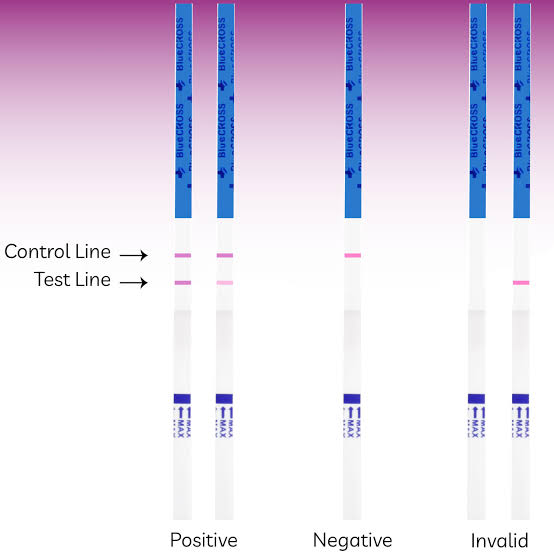FAQs

Pregnancy Prevention
If you had unprotected sex before ovulation, it’s normal to feel anxious. Sperm can survive in the female body for up to 5 days, so pregnancy is still possible even if ejaculation wasn’t clear.
The best time to take a pregnancy test after unprotected sex before ovulation is:
After a missed period or
At least 14 days after ovulation (2 weeks post-ovulation), using your first-morning urine for the most accurate results.
If the test is negative and you’re still unsure, a blood test at a hospital provides higher accuracy and peace of mind.

Having sex while ovulating with condoms isn’t necessarily a bad idea as long as the condoms are used correctly and consistently.
Ovulation is your most fertile window, meaning the risk of pregnancy is at its highest. But if your partner uses a condom properly checking the expiry date, wearing it before any genital contact, leaving space at the tip, and removing it correctly, then your chances of getting pregnant are extremely low.
You’re not alone in wondering, are condoms effective as said to be.
Condoms are 99% effective when used perfectly but here’s the catch: most people don’t use them correctly every single time. That small 1% failure rate becomes bigger with user error.
Common mistakes that reduce effectiveness include:
– Not checking the expiry date
– Failing to leave space at the tip (which can lead to breakage)
– Putting it on too late (after pre-ejaculate has already made contact)
– Using oil-based lubricants with latex condoms (which weakens the material)
– Improper removal or disposal
– Reusing condoms (never, ever do this)
If you want your condom use to be as close to 99% effective as possible, make sure you’re using them consistently and correctly. Combine with another birth control method for added safety, especially if pregnancy prevention is your top priority.
If you’re asking how to prevent pregnancy naturally, the first step is understanding your menstrual cycle. So let me ask you, is your cycle regular or irregular?
While there’s no 100% safe time to have unprotected sex, tracking your ovulation can help reduce your chances of pregnancy. Most women ovulate around the middle of their cycle, typically day 14 of a 28-day cycle and that’s when you’re most fertile.
To figure out how to prevent pregnancy, download period tracking apps like FLO or Clue. These apps help you identify your fertile window and estimate when you’re likely to ovulate. However, these apps are not foolproof and should not replace actual birth control methods.
If you’re serious about pregnancy prevention, combine tracking with condoms, birth control pills, or other reliable contraceptives. It’s always safer to double up with protection, especially if your cycle is irregular.
